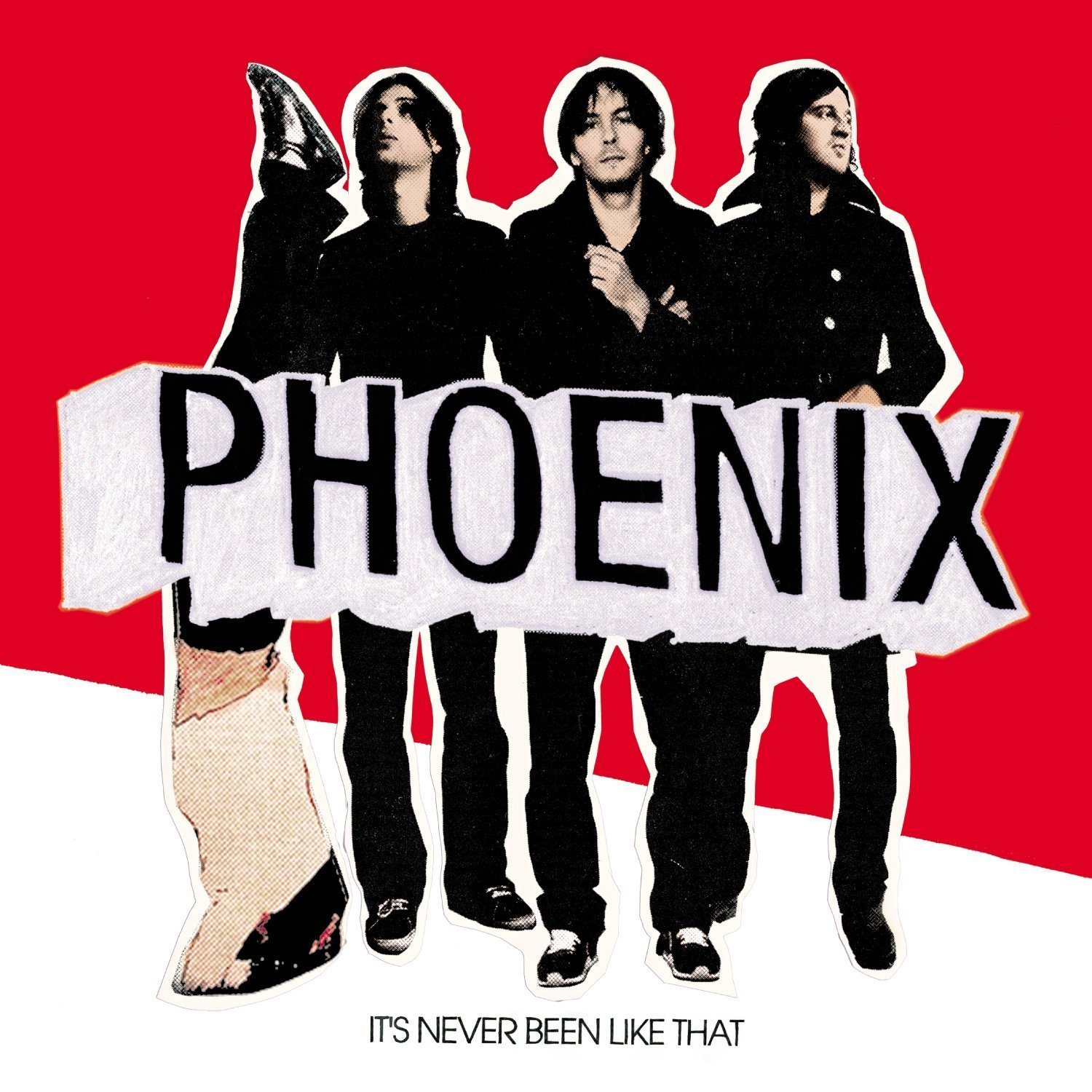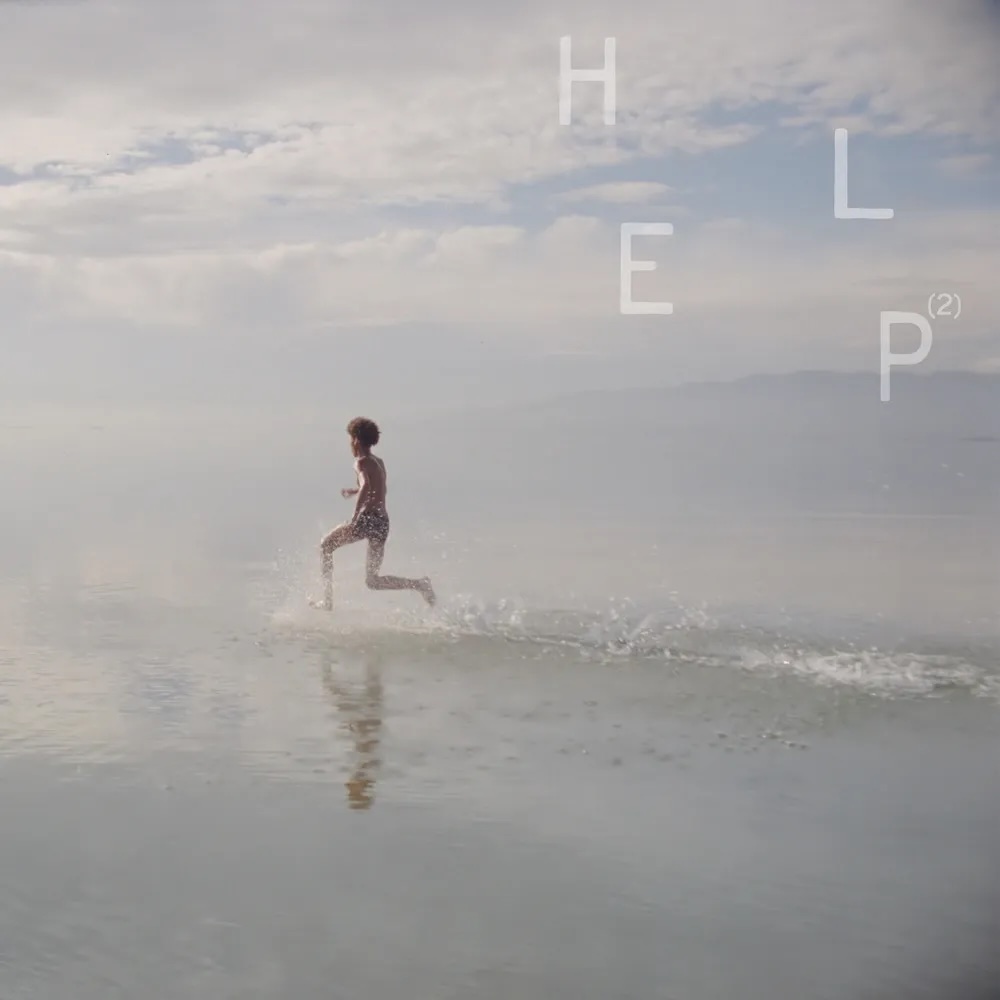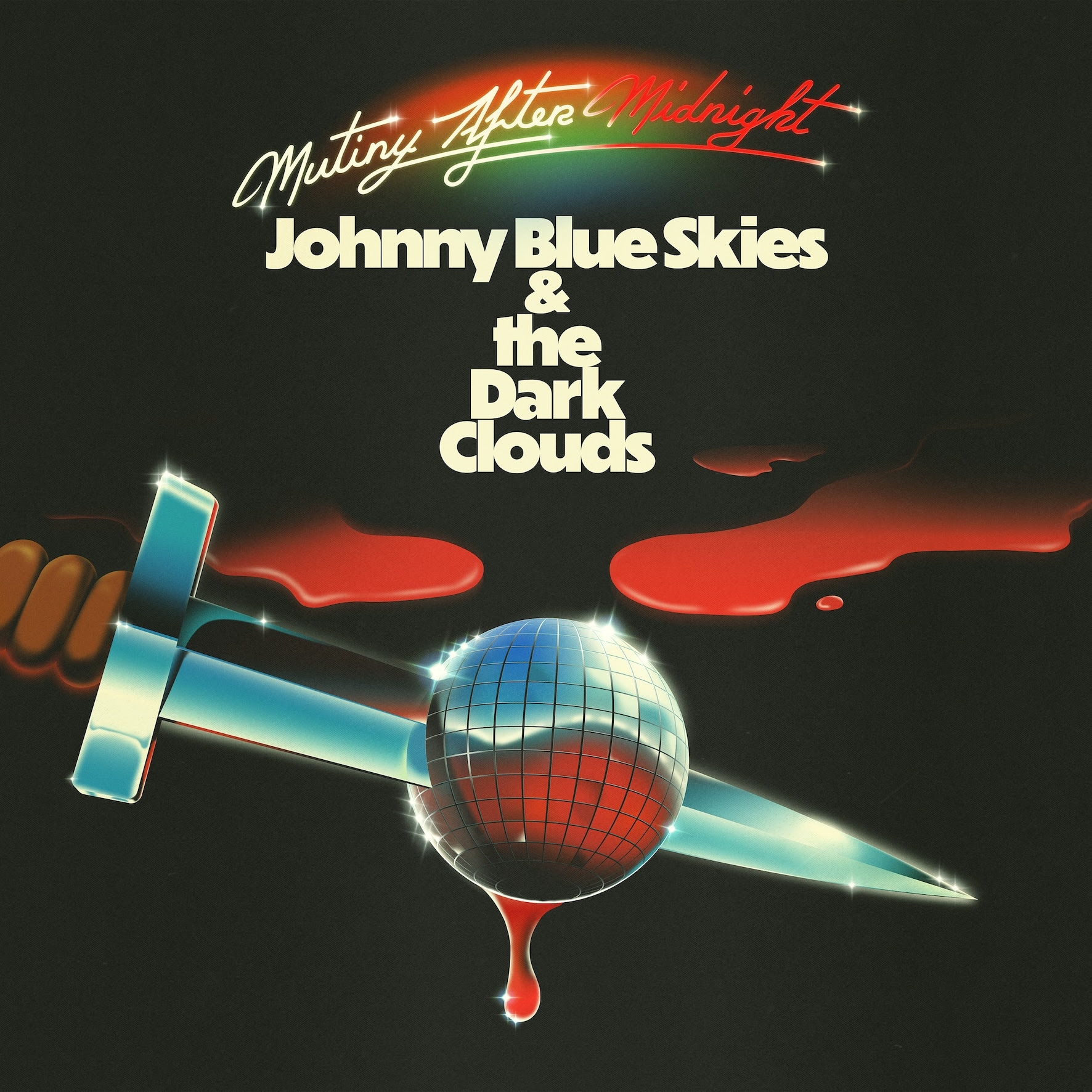I can't think about It's Never Been Like That without also thinking of the Strokes. Phoenix are one of my favorite bands, and this album, which turns 10 years old this Sunday, is my favorite thing they ever did. It more than stands on its own as one of the best pop-rock records of the young century. And yet what initially piqued my interest had less to do with the four privileged Parisians who made this album than the five rich New York ruffians who had allegedly saved rock 'n' roll half a decade before. It's crazy how one insightful point in a record review can alter your entire outlook on a band. More on that momentarily, but first: some context.
At the dawn of 2006, the most important rock band of the new millennium fell off in a big way. After two flawless, meticulously constructed, quasi-identical LPs full of swaggering melodic garage rock, the Strokes returned with the bloated and meandering First Impressions Of Earth. They attempted to spread their wings and instead fell on their face. With most of their alleged peers already running out of steam and The O.C.-style indie fully ascendent, the garage rock revival was officially dead.
Not only was Strokes-style music losing vitality, the entire canon upon which they built their sound was undergoing an assault. People weren't suddenly questioning the value of Television and the Velvet Underground, but as the concept of the guilty pleasure began to disintegrate, a lot of other old records once dismissed by music snobs were enjoying a period of reevaluation. One of the most surprising genres to be reclaimed by this new generation of music fans was '70s and '80s soft rock, a sound that came to be known as "yacht rock" thanks to the 2005 web series of the same name.
Steely Dan, the Doobie Brothers, Kenny Loggins, Hall & Oates: This was music for luxuriating in Reagan-era excess -- less Mean Streets, more The Wolf Of Wall Street. Where punk and garage rock had roared, these bands purred. Their production was expensively sleek, their hooks undeniably infectious. It was corny, shameless pop music, "rock" that didn't really rock at all. Some of the people embracing it post-2000 did so ironically, or at least pretend-ironically. But regardless of how genuine the soft-rock revival was, that sound was increasingly in the air, and it began to saturate the musical environment enough that the door was open for some modern band to capitalize on it.
The genius of It's Never Been Like That is this: It tapped into that soft-rock zeitgeist and picked up the mantle for the Strokes at the same time, all while paying homage to the Francophone pop lineage from which Phoenix sprang and completely revitalizing their own sound. Here were 10 catchy, compact, inscrutable guitar-pop songs worthy of Julian Casablancas, but smoothed out and polished clean rather than caked in New York City scuzz. Here were impeccable vocal melodies delivering charmingly obtuse lyrics, but instead of sloppy, drunken baritone howls, they hit like finely honed beams of light. In his Pitchfork review of the album, Rob Mitchum dubbed Phoenix "the soft-rock Strokes," and I've never been able to un-hear his canny comparison.
It's crazy that Phoenix of all bands stumbled upon this sound. We know them today as masters of a signature sound, a streamlined metropolitan indie-rock they continued to refine on 2009's breakthrough Wolfgang Amadeus Phoenix and 2013's Bankrupt! But in the early years of the millennium, they were sonic wanderers in search of a home. Their first two albums, Alphabetical and United, were unfocused and uneven electronic rock experiments, heavy on studio craft and short on songs. Fellow French band Air were probably their closest peers, but aside from a handful of excellent singles, Phoenix lacked Air's poise, precision, and sense of purpose.
On It's Never Been Like That, everything clicked into place. Guitars jangled and gleamed. The rhythm section played with click-track precision yet still breathed with a casual joie de vivre. Each song was like a pencil sketch come to life on a pastel canvas. It wasn't just singles "Long Distance Call" and "Consolation Prizes," though those are surely monuments to songcraft. It was the rollicking epic "Sometimes In The Fall" and the melancholy groove "One Time Too Many," the "Pump It Up"-channeling thump "Courtesy Laughs" and "Radio Radio"-reminiscent "Rally." From opener "Napoleon Says" to grand finale "Second To None," Phoenix were, um, on fire. Rhapsodizing about the album three years ago, I called it a "lite guitar streetscape" and noted, "every track was effervescent. It was the kind of music that seems to materialize out of thin air but only comes from years of slavish devotion to craft."
Thomas Mars laced these songs with vague poetic musings, relationship stories meant to be ruthlessly decoded but never fully explained. Occasionally they verged on meaningless -- "Cause if dark is one then bright is two/ No one knows where we're heading to" -- but I always sensed he was dropping us into a few select scenes from a story and being asked to fill in the gaps. His ad libs were genius too, amused chuckles that punctuated the empty space on "Napoleon Says" and "Lost And Found" before the glorious rush of guitars kicked in. He was exactly the right future Coppola family member to lead the charge.
It's Never Been Like That is every bit as good as Wolfgang Amadeus Phoenix, the album that would make Phoenix car-commercial ubiquitous and lift them to festival headliner status. Frankly, this one is the better album -- the one that's flawless front to back -- but it sold way, way, way less copies. In the United States, It's Never Been Like That only moved 36,000 in the three years before Wolfgang dropped, whereas Wolfgang went gold and easily topped the 700,000 mark. So there's a good chance you've never heard this one before, in which case you're in for one of the most bracingly pleasant listening experiences of your life. As for the rest of you, share your favorite It's Never Been Like That highlights and memories in the comments.
[videoembed size="full_width" alignment="center"][/videoembed]
[videoembed size="full_width" alignment="center"][/videoembed]






